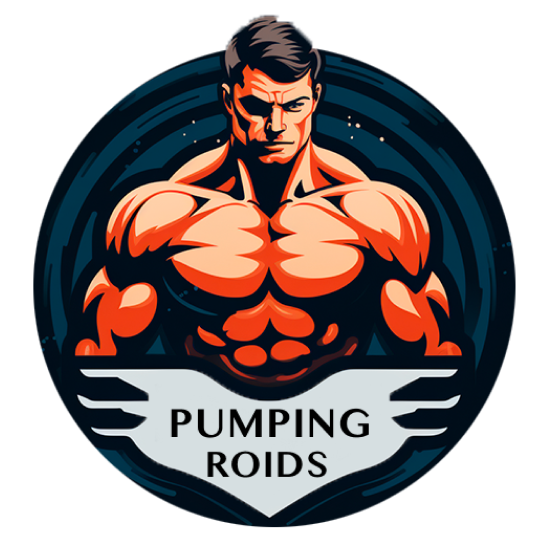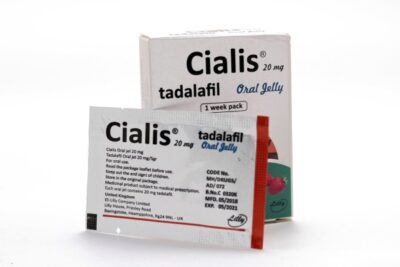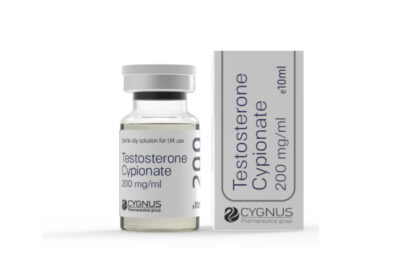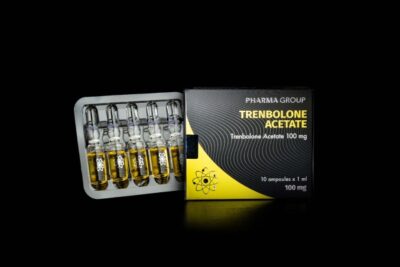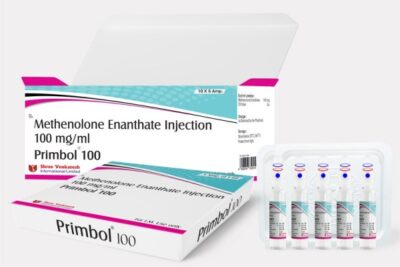Home / About Us
Deciphering the Protein Puzzle A Comprehensive Guide to Choosing the Right Protein Powder

In the world of fitness and nutrition, protein powders have become a staple for many health-conscious individuals. Whether you're a seasoned gym-goer, an athlete, or someone simply looking to boost their protein intake, navigating the array of protein powder options can be overwhelming. With so many varieties available, each boasting unique benefits and compositions, how do you choose the right one for your needs? Fear not, for we're here to demystify the protein powder puzzle and help you make an informed decision.
On this page:
• Understanding Protein Basics
• Types of Protein Powder
• Choosing the Right Protein Powder for You
Understanding Protein Basics
Before delving into the different types of protein powder, it’s essential to understand the basics of protein itself. Proteins are macronutrients made up of amino acids, which are the building blocks of tissues in the body. They play a crucial role in muscle repair, growth, and overall health. While whole foods like meat, fish, eggs, and dairy are excellent sources of protein, protein powders offer a convenient and efficient way to supplement your intake, especially for those with active lifestyles or specific dietary requirements.
Types of Protein Powder
- Whey Protein: Whey protein is one of the most popular and widely available forms of protein powder. It’s derived from milk during the cheese-making process and contains all nine essential amino acids. Whey protein is quickly absorbed by the body, making it an ideal choice for post-workout recovery. It comes in three main forms: whey protein concentrate, whey protein isolate, and whey protein hydrolysate, each with varying protein concentrations and levels of processing.
- Casein Protein: Like whey, casein is derived from milk, but it’s absorbed more slowly by the body. This slow digestion rate makes casein protein an excellent option for sustaining muscle protein synthesis over an extended period, such as between meals or before bed. It provides a steady release of amino acids, promoting muscle repair and growth during periods of fasting, such as overnight.
- Pea Protein: Pea protein is a plant-based alternative to dairy-based proteins, making it suitable for vegans, vegetarians, and those with lactose intolerance or dairy allergies. It’s made from yellow peas and is rich in essential amino acids, particularly lysine, which is often lacking in other plant-based proteins. Pea protein is easily digestible and has been shown to support muscle growth and recovery comparable to whey protein.
- Soy Protein: Another plant-based option, soy protein, is derived from soybeans and contains all essential amino acids. It’s particularly high in glutamine and arginine, which are beneficial for muscle repair and overall immune function. Soy protein has also been studied for its potential health benefits, such as reducing cholesterol levels and supporting heart health.
- Hemp Protein: Hemp protein is made from hemp seeds and is a complete protein source, meaning it contains all nine essential amino acids. It’s also rich in omega-3 and omega-6 fatty acids, making it a nutritious option for overall health. While hemp protein may not have as high a protein concentration as other types, it offers additional nutritional benefits and is suitable for those looking for a plant-based protein option.
Choosing the Right Protein Powder for You
When selecting a protein powder, consider your dietary preferences, nutritional goals, and any allergies or intolerances you may have. Here are some factors to keep in mind:
- Protein Content: Look for a protein powder with a protein content that aligns with your goals. Whey protein concentrates typically contain around 70-80% protein, while isolates can reach upwards of 90% protein by weight.
- Digestibility: Consider how quickly or slowly you want the protein to be absorbed. If you need a rapid influx of amino acids post-workout, whey protein may be the best choice. For sustained release and prolonged satiety, casein or plant-based proteins like pea or soy may be more suitable.
- Allergies and Sensitivities: If you have allergies or sensitivities to dairy, soy, or other ingredients, opt for a protein powder that’s free from those allergens. Many brands offer allergen-free options to accommodate various dietary needs.
- Additional Ingredients: Some protein powders come fortified with additional ingredients like vitamins, minerals, fiber, or digestive enzymes. Consider whether these additives align with your nutritional needs and preferences.
- Taste and Texture: Lastly, don’t overlook the importance of taste and texture. Experiment with different flavors and formulations to find one that you enjoy and can easily incorporate into your routine.
In conclusion, choosing the right protein powder boils down to understanding your individual needs and preferences, as well as the unique characteristics of each protein type. Whether you’re aiming to build muscle, support recovery, or simply meet your daily protein requirements, there’s a protein powder out there to suit your goals. By arming yourself with knowledge and making informed choices, you can harness the power of protein powder to fuel your fitness journey and optimize your health.

